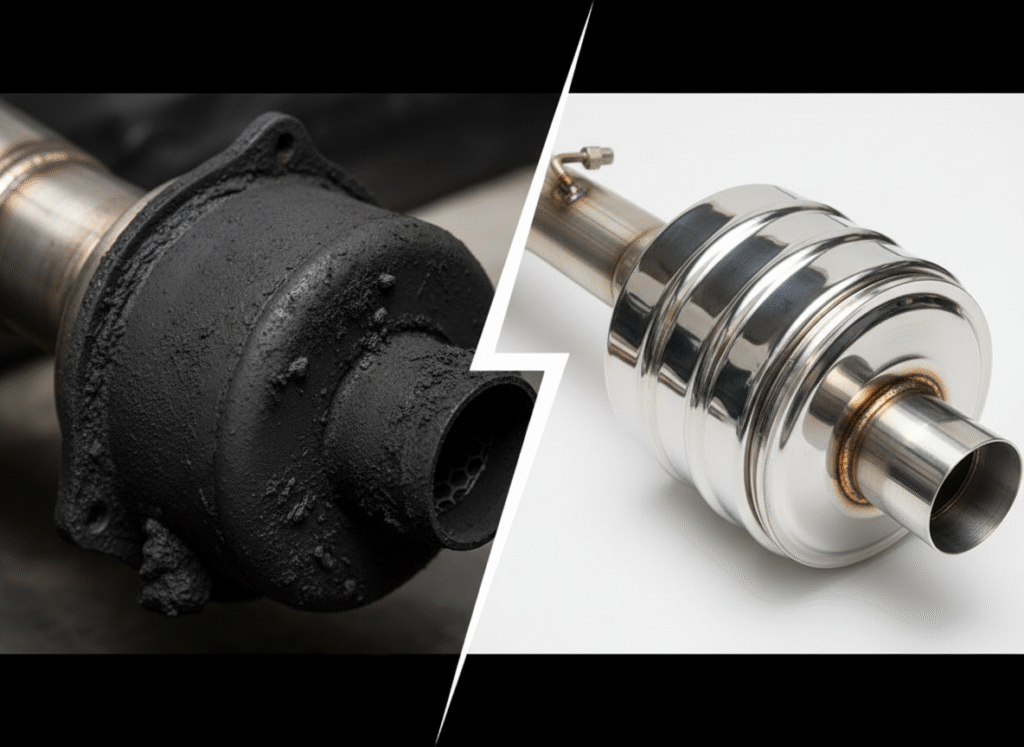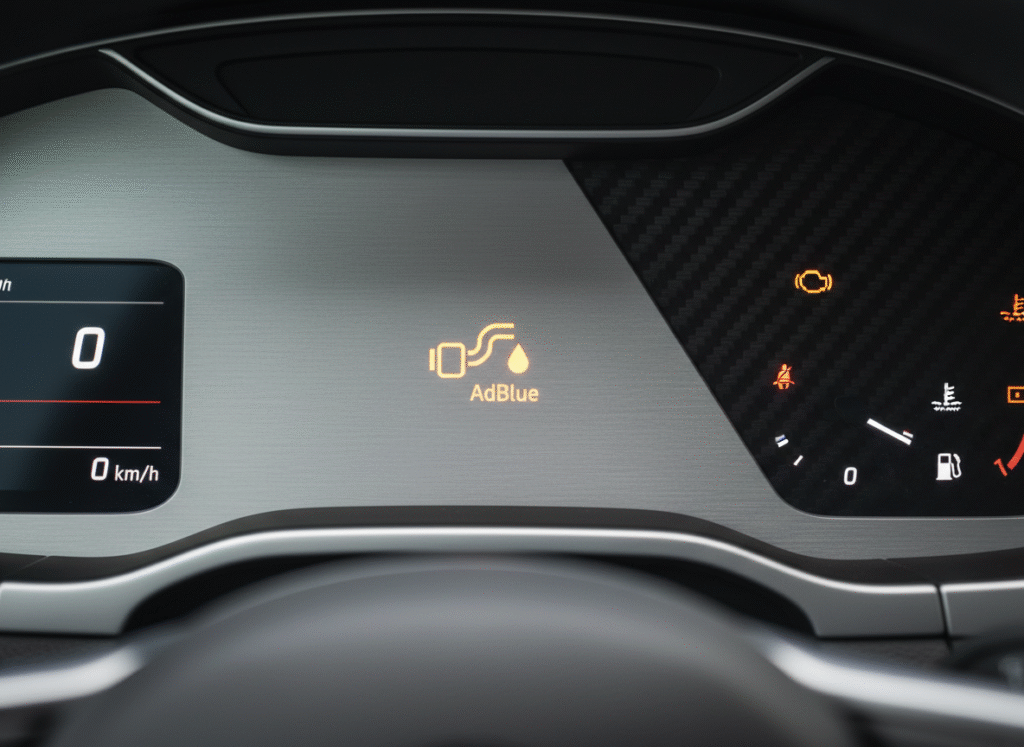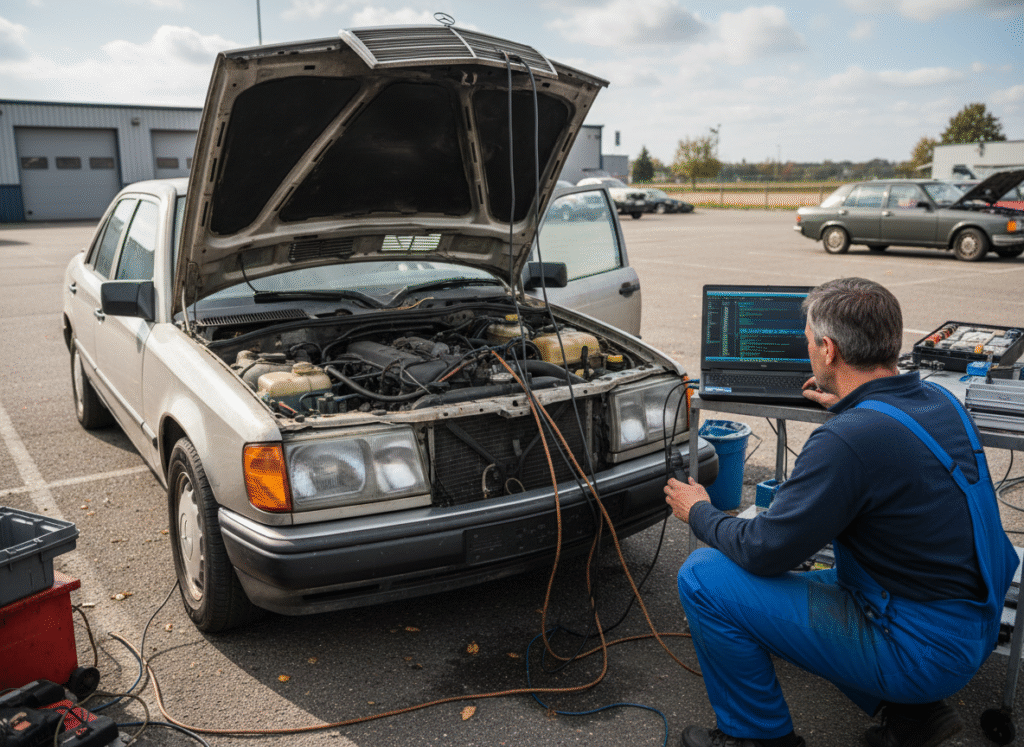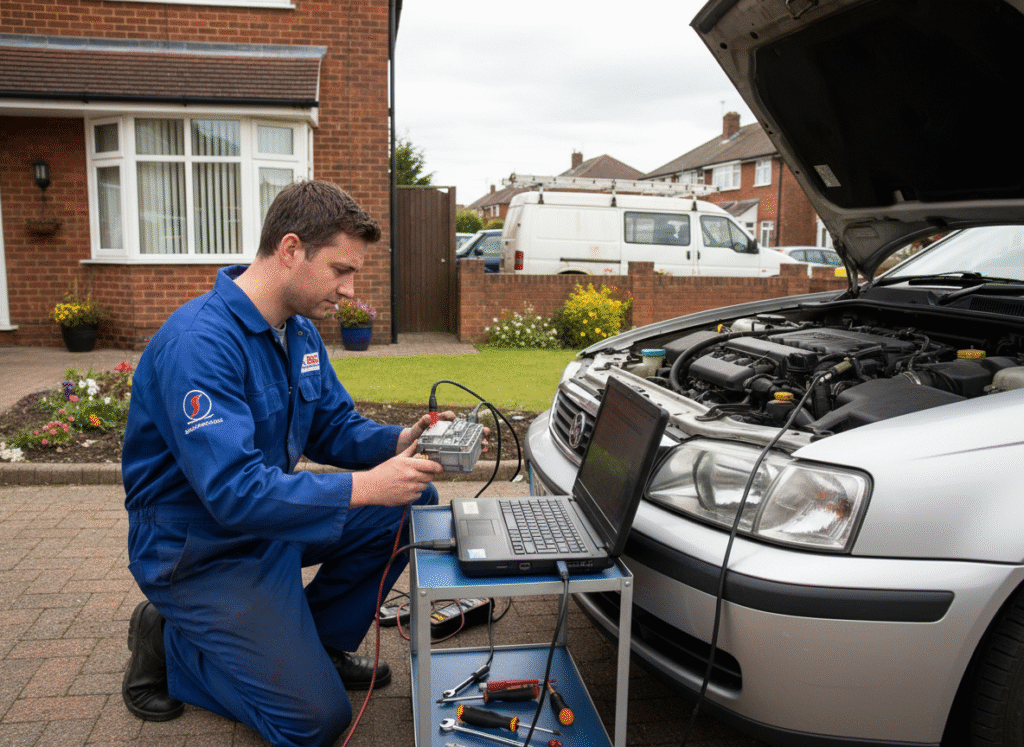Car Remapping and everyday drivers alike are increasingly turning to car remapping to enhance their vehicles’ performance. However, with its growing popularity comes a range of questions and misconceptions. This article addresses six common questions about car remapping, providing you with the insights needed to make informed decisions.
1. What is Car Remapping?

Car remapping, often referred to as ECU tuning, involves modifying the software in your vehicle’s Engine Control Unit (ECU). The ECU is responsible for managing various aspects of engine performance, including fuel injection, ignition timing, and boost pressure (for turbocharged vehicles). By remapping the ECU, tuners can adjust these parameters to optimize performance.
Benefits of Remapping
- Increased Power and Torque: One of the primary reasons for remapping is to enhance power and torque. A remapped ECU can deliver more horsepower, making your vehicle feel quicker and more responsive.
- Improved Fuel Efficiency: Contrary to popular belief, remapping can also lead to better fuel economy by optimizing fuel delivery and combustion efficiency.
- Enhanced Driving Experience: A well-tuned vehicle provides a more engaging and enjoyable driving experience, with smoother acceleration and improved throttle response.
2. How Does Car Remapping Work?
The remapping process typically involves the following steps:
Step 1: Diagnostics
Before any modifications are made, a thorough diagnostic check is performed. This ensures that the vehicle is in good condition and helps identify any underlying issues that may affect performance.
Step 2: ECU Read
The technician connects a diagnostic tool to the vehicle’s OBD-II port to read the existing ECU map. This data is saved for backup purposes.
Step 3: Custom Mapping
Using specialized software, the technician modifies the existing ECU map according to the driver’s preferences and the vehicle’s specifications. This may include adjustments to fuel maps, ignition timing, and other parameters.
Step 4: ECU Write
Once the new map is created, it is uploaded back to the ECU. The technician then performs additional checks to ensure everything is functioning correctly.
Step 5: Road Testing
Finally, the vehicle is road-tested to verify that the remapping has achieved the desired results. This is an important step to ensure that performance enhancements are balanced and safe.
3. Is Car Remapping Safe?
One of the most common concerns regarding car remapping is safety. When performed by a qualified professional using the right tools, remapping is generally safe. However, there are important factors to consider:
Quality of the Remap
- Professional Service: Always choose a reputable company with experienced technicians. A poorly executed remap can lead to engine damage, reduced reliability, and voided warranties.
- Custom Mapping: Avoid generic remaps that may not suit your specific vehicle. Custom mapping tailored to your car’s specifications ensures optimal performance and safety.
Vehicle Condition
- Pre-existing Issues: If your vehicle has mechanical issues, such as worn components or poor maintenance, remapping may exacerbate these problems. It’s essential to address any existing issues before proceeding with a remap.
4. Will Car Remapping Void My Warranty?
This question often arises among car owners, particularly those with new or leased vehicles. The answer is not straightforward, as it can depend on several factors:
Manufacturer Warranty
- Increased Risk: Modifying the ECU can potentially void certain aspects of your vehicle’s warranty, especially if the manufacturer can prove that the remap caused the issue.
- Legal Protections: In many regions, there are laws protecting consumers from having their entire warranty voided due to modifications. However, it’s crucial to check local regulations.
Aftermarket Warranty
- If you have an aftermarket warranty, review the terms and conditions. Some policies may allow for remapping, while others may have strict guidelines.
Best Practices
To minimize the risk of warranty issues, consider the following:
- Documentation: Keep thorough records of the remapping process and any modifications made.
- Consult the Dealer: Before remapping, consult your dealer or warranty provider to understand the implications.
5. How Much Does Car Remapping Cost?
The cost of car remapping can vary widely depending on several factors:
Vehicle Type
- Make and Model: Different vehicles require different mapping processes and tools. High-performance or luxury cars may have higher costs due to their complexity.
- Engine Type: Turbocharged engines often require more intricate tuning than naturally aspirated engines.
Service Provider
- Reputation and Expertise: Established companies with a solid reputation may charge more for their services, but they often provide better quality and reliability.
- Custom vs. Generic Remaps: A custom remap tailored to your vehicle will typically be more expensive than a generic remap, but it offers better performance and safety.
Average Costs
On average, car remapping can range from $300 to $1,500, depending on the factors mentioned above. It’s advisable to get quotes from multiple providers to find a balance between quality and cost.
6. What Are the Risks of Car Remapping?

While car remapping offers numerous benefits, it also comes with potential risks that should be considered:
Potential Engine Damage
- Over-tuning: Aggressive remapping can lead to increased stress on engine components, potentially causing premature wear or failure.
- Heat Management: Enhanced performance can generate more heat, which may require improved cooling solutions to avoid overheating.
Reduced Reliability
- Daily Driving: A heavily modified vehicle may not perform as reliably as a stock vehicle, especially in daily driving conditions.
- Fuel Quality: Remapped vehicles may require higher-quality fuel to run optimally, which can add to ongoing costs.
Legal Considerations
- Emissions Regulations: Some modifications may affect your vehicle’s emissions, making it non-compliant with local regulations. Always ensure your remapping adheres to legal standards.
Conclusion
Car remapping can significantly enhance your vehicle’s performance, offering benefits such as increased power, improved fuel efficiency, and a more enjoyable driving experience. However, it’s essential to approach the process with caution, ensuring that you choose a reputable service provider and understand the implications for your vehicle’s warranty and reliability.
By considering the answers to these common questions, you can make an informed decision about whether car remapping is the right choice for you. Whether you’re seeking to boost performance for daily driving or enhance your car for special occasions, proper remapping can take your driving experience to the next level.
















